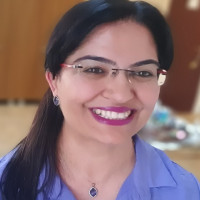Articles
Issue Editorial Board
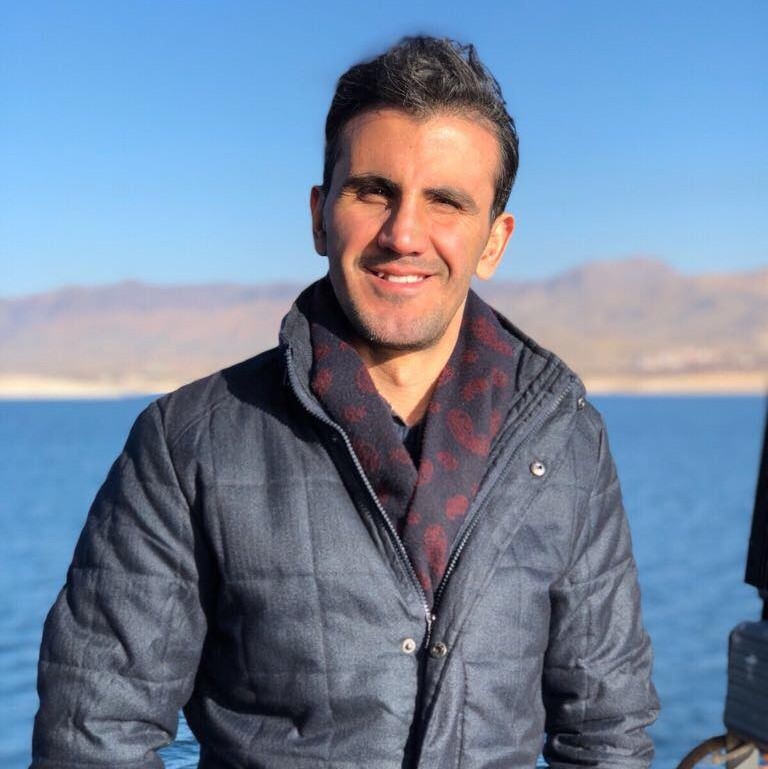

Issue Reviewers

 0000-0003-2815-248X
0000-0003-2815-248X
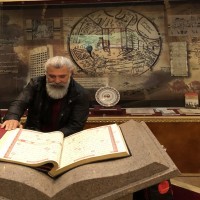


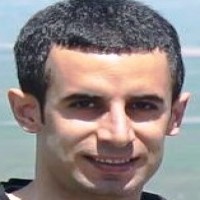
 0000-0003-0273-0069
0000-0003-0273-0069
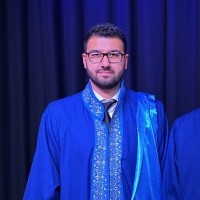


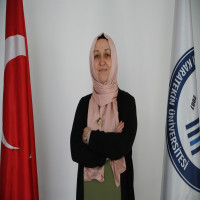
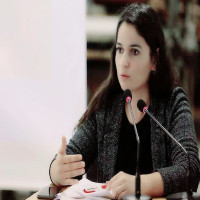



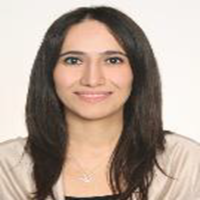
 0000-0001-8321-4554
0000-0001-8321-4554


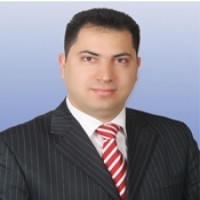
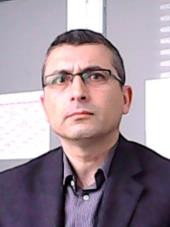
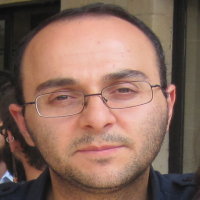


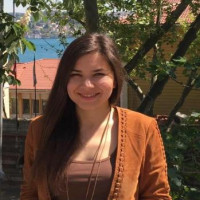

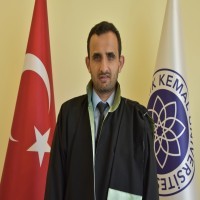



 0000-0002-0997-6013
0000-0002-0997-6013



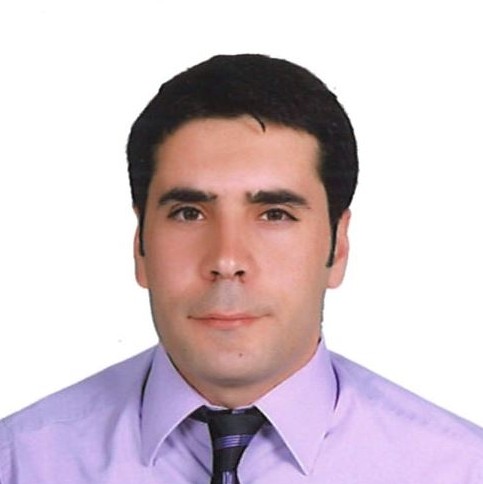

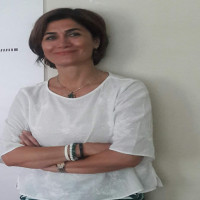
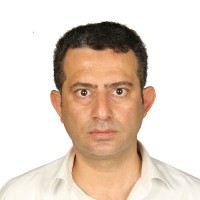
 0000-0002-1784-108X
0000-0002-1784-108X



 0000-0002-6586-5940
0000-0002-6586-5940
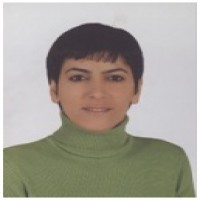
 0000-0003-2749-4277
0000-0003-2749-4277


 0000-0001-9157-1594
0000-0001-9157-1594
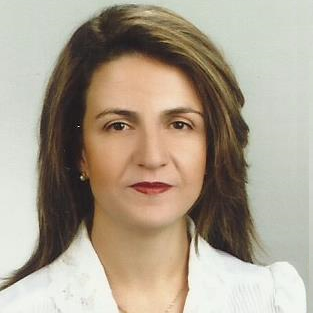


 0000-0001-9763-3151
0000-0001-9763-3151
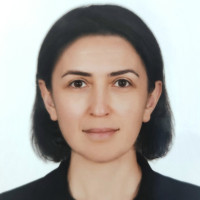
 0000-0002-1718-055X
0000-0002-1718-055X
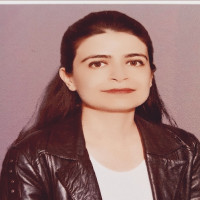
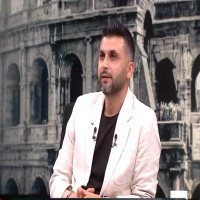
 0000-0002-0142-9170
0000-0002-0142-9170
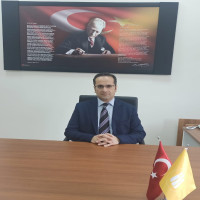

 0000-0002-6037-363X
0000-0002-6037-363X

 0000-0001-7483-1331
0000-0001-7483-1331
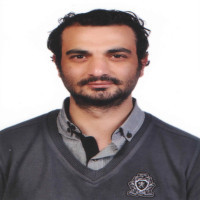


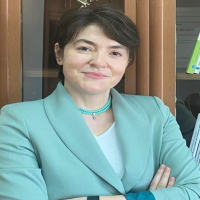



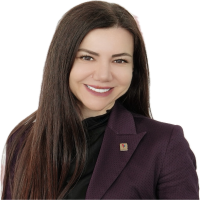
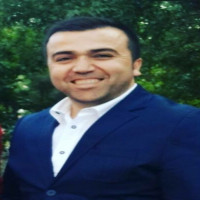


 0000-0003-2768-111X
0000-0003-2768-111X
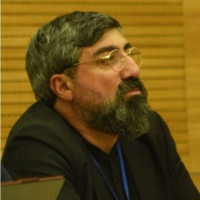


 0000-0003-2943-047X
0000-0003-2943-047X
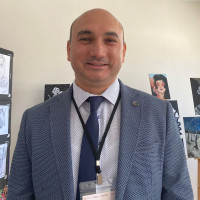
 0000-0002-0346-0753
0000-0002-0346-0753
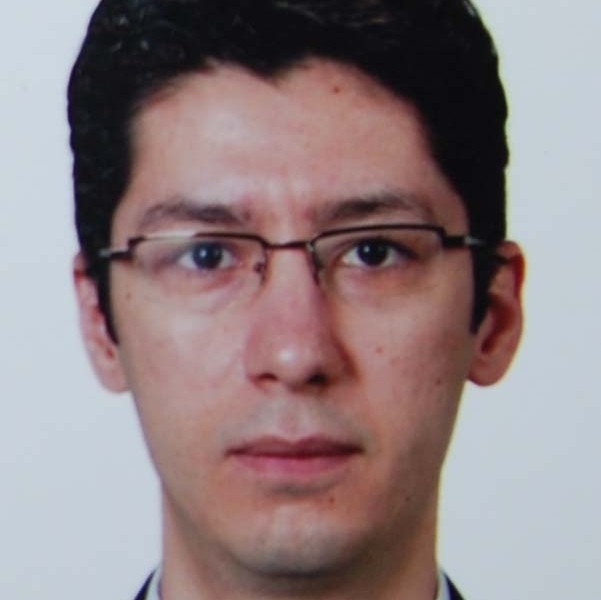

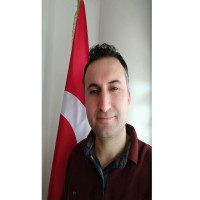



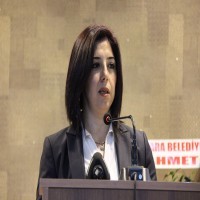

 0000-0003-1817-4060
0000-0003-1817-4060

Aim & Scope
FOCUS
The Fırat University Journal of Social Sciences (p-ISSN 1300-9702, e-ISSN 2149-3243) is an international peer-reviewed journal published triannually in print and electronic formats in January, May, and September, providing a platform for researchers and scholars in the social sciences to present their scientific studies.
SCOPE
1. The journal employs a double-blind peer review system for the evaluation of all submitted articles. Under this system, reviewers do not have access to the identity of the authors, and authors remain unaware of the reviewers’ identities throughout the process.
2. Translation and publication evaluation studies submitted to the journal are also subjected to the same double-blind review process as original scholarly articles.
3. The Editorial Board initially screens submissions for format compliance and subject relevance. Suitable manuscripts are then forwarded to two independent reviewers who are experts in the relevant field. If both reviewers provide favorable evaluations, the manuscript is accepted for publication. In cases of one positive and one negative review, the manuscript is sent to a third reviewer for final assessment.
4. Authors whose manuscripts require revisions must submit the revised version within 20 days of receiving reviewer feedback. Revised manuscripts may be re-evaluated by the original reviewers if necessary.
5. The final decision regarding the publication of all manuscripts is made by the Editorial Board, following approval from two field experts recommending that the manuscript is publishable. Authors are expected to address all reviewer and editorial comments. If the author disagrees with any feedback, they may submit a separate justification document outlining their position.
6. Submitted manuscripts, whether accepted or rejected, will not be returned to the authors.
7. The views expressed in published articles are those of the authors and do not necessarily reflect the official views of the Fırat University Journal of Social Sciences.
Fırat University Journal of Social Sciences is published triannually, both in print and electronic formats, in the months of January, May, and September. Articles are accepted on a rolling basis and are not restricted to a specific issue. Authors may submit their scientific papers at any time throughout the year.
Fırat University Journal of Social Sciences requires that all studies passing the Blind Review Process be subjected to plagiarism detection to uphold the integrity of the journal. In this regard, every submitted manuscript is checked using a plagiarism detection system approved by the Editorial Board.
Author Guidelines
CLICK HERE TO DOWNLOAD THE SAMPLE ARTICLE TEMPLATE
Articles intended for publication in the Fırat University Journal of Social Sciences should primarily be original works that contribute to the field of social sciences and must possess the following qualities:
1. Titles in Turkish and foreign languages should be compatible with the scope of the article; they should reflect the subject of the article briefly, clearly, and adequately.
2. Summaries in Turkish and foreign languages should reflect the purpose, scope, and results of the writing and should be prepared in a way that can be published separately from other sections of the text.
3. The writing should adhere to grammatical rules in terms of language and expression, follow a clear and straightforward narrative style, avoid unnecessary information that goes beyond the purpose and scope, and comply with the rules of article writing.
4. In the preparation of the article, established scientific methods should be followed, and information such as the subject, purpose, scope, and rationale for the preparation of the study should be provided adequately and in a specific order. The figures, tables, photographs, and other documents used in the article should be prepared in accordance with scientific standards, selected in line with the purpose and scope of the writing, and unnecessary documents and sources that are not mentioned in the text should not be included.
5. The figures, tables, photos, and other documents used in the article must have a clear and sufficient explanation that is easy to understand.
6. The sources used in the text should be organized according to writing rules, and every document mentioned should be included in the references section; however, documents that are not referenced in the text should not be included in the references section.
7. The results should be consistent with the aims and scope of the research, presented in a concise and essential manner, and should not include data or findings that are not mentioned in the text.
8. For any research conducted using qualitative or quantitative approaches that involve data collection from participants through surveys, interviews, focus group studies, observations, experiments, or other interview techniques, an "Ethics Committee Approval Document" must be obtained.
9. All articles to be submitted to our journal must include a "Similarity Report" (Plagiarism Report).
10. The article file should be uploaded in two separate instances, one of which must include the authors' names within the work, while the other must not contain any author information. The file name should also include the title of the work, not just the author's name.
Example file name:
V1_untitled_article title
Article titled V1.
11. An author can only have one article published in any issue of our magazine, regardless of the order of authorship.
12. Considering the TR INDEX criteria (in your institution, the number of articles and the peer review ratio should be at most 1/3) and taking into account the journal density, an author will have only one publication in a year.
Ethical Principles and Publication Policy
The publishing processes of Fırat University Journal of Social Sciences are designed to ensure the impartial and respectful development and dissemination of knowledge. These processes directly influence the quality of the work produced by authors and supported by their institutions. Peer-reviewed studies reflect and uphold the principles of the scientific method. It is essential that all stakeholders in the process—authors, readers, researchers, publishers, reviewers, and editors—adhere to ethical principles.
Fırat University Journal of Social Sciences expects all stakeholders to fulfill the following ethical responsibilities within the framework of publication ethics.
The ethical duties and responsibilities outlined below have been formulated in accordance with the guidelines and policies provided by the Committee on Publication Ethics (COPE) and are in line with open access principles.
The author(s) submitting to Fırat University Journal of Social Sciences are expected to adhere to the following ethical responsibilities:
1. Originality: The article(s) submitted must be original. If the author(s) reference or draw upon other studies, they must fully and accurately cite the sources they have used.
2. Authorship: Only individuals who have made significant intellectual contributions to the creation of the study should be listed as authors. Individuals who have not contributed intellectually should not be designated as authors.
3. Conflict of Interest: Any potential conflicts of interest related to the submitted studies must be disclosed, if applicable. This includes any financial, personal, or professional relationships that may influence the results or interpretation of the study.
4. Raw Data: The raw data associated with the article may be requested by the editorial board during the evaluation process. In such cases, the author(s) should be prepared to provide the requested data and information promptly.
5. Rights and Permissions: The author(s) must provide documentation showing that they have the rights to use any data, including necessary permissions for research or analysis, as well as consent from experimental subjects (if applicable).
6. Corrections and Retractions: If the author(s) notice any mistakes or errors in their published work, at any stage (e.g., early view or evaluation), they are obligated to inform the journal editor and cooperate with the editorial team in correcting or retracting the work.
7. Simultaneous Submissions: Articles submitted to the journal must not be under consideration for publication by any other journal simultaneously. Each submission should be made only after the completion of the previous submission process. A study that has already been published elsewhere cannot be submitted to Fırat University Journal of Social Sciences.
8. Changes in Authorship: Once the evaluation process of a study has begun, no changes to the authorship (such as adding, removing, or altering the order of authors) can be proposed.
The editors of Fırat University Journal of Social Sciences have the following ethical duties and responsibilities, based on the COPE Code of Conduct and Best Practice Guidelines for Journal Editors and the COPE Best Practice Guidelines for Journal Editors, which are published by the Committee on Publication Ethics (COPE) as open access.
Editors are responsible for all publications in Fırat University Journal of Social Sciences. In line with this responsibility, editors have the following roles and obligations:
1. They strive to meet the information needs of both readers and authors.
2. They ensure the continuous development and improvement of the journal.
3. They oversee processes aimed at enhancing the quality of studies published in the journal.
4. They support and uphold freedom of thought and expression.
5. They ensure academic integrity in all aspects of the publication.
6. They carry out their duties without compromising intellectual property rights or ethical standards.
7. They maintain transparency and clarity in addressing issues that require corrections or further explanations.
Editors make decisions by considering the knowledge, skills, and experience expectations of all readers, researchers, and practitioners. They ensure that the published studies contribute to the readers, researchers, practitioners, and the scientific literature, and that the studies are original. Additionally, editors take into account feedback from readers, researchers, and practitioners, providing explanatory and informative responses.
The duties and responsibilities of editors toward authors are as follows:
1. Editors make decisions based on the importance, originality, validity, clarity of expression, and alignment with the journal's goals and objectives.
2. Editors forward works suitable for the journal's scope to the pre-evaluation stage, unless the work presents serious issues.
3. Editors do not disregard positive referee suggestions unless there are significant problems with the work.
4. New editors may not alter the decisions made by previous editors regarding a work, unless there is a serious issue.
5. Editors ensure transparency by publishing the "Blind Refereeing and Evaluation Process" and prevent any deviations from the established processes.
6. Editors provide clear, descriptive, and informative notifications and feedback to the authors.
The duties and responsibilities of editors toward referees are as follows:
1. Editors select referees based on the subject matter of the study.
2. Editors provide the necessary information and guidelines to referees during the evaluation process.
3. They monitor for any conflicts of interest among editors, authors, and referees.
4. Editors maintain the confidentiality of referees' identities in accordance with the blind refereeing process.
5. Editors encourage referees to approach their evaluations with impartiality, scientific rigor, and objectivity.
6. Editors assess the performance of referees based on criteria such as timely feedback and quality of evaluation.
7. Editors establish practices and policies to enhance the performance of referees.
8. Editors take necessary actions to dynamically update and expand the pool of referees.
9. Editors prevent impolite or unscientific reviews.
10. Editors work to ensure that the referee pool is diverse and represents a wide range of expertise.
Editors ensure that editorial board members follow the processes, publishing policies, and guidelines effectively. They keep the editorial board members informed about publishing policies and any related developments. Editors provide training for new editorial board members on publishing policies and supply them with the necessary information.
Additionally, editors:
1. Ensure that editorial board members evaluate works impartially and independently.
2. Select new editorial board members from among qualified faculty members who can contribute meaningfully.
3. Assign works relevant to the expertise of the editorial board members for evaluation.
4. Regularly engage and communicate with the editorial board.
5. Organize meetings with the editorial board at regular intervals to develop publishing policies and improve the journal.
The relationship between editors and the publisher is based on the principle of editorial independence. Editors make editorial decisions independently of the publisher, ensuring that the publication process adheres to the highest standards of academic integrity and impartiality. The publisher supports the editorial board’s decisions and ensures that resources and infrastructure necessary for the journal's operation are provided.
Editors adhere to the "Blind Review and Evaluation Process" outlined in the journal's publishing policies. In this context, editors ensure that each work undergoes a fair, impartial, and timely evaluation. The review process is designed to maintain the integrity and quality of the journal by providing objective assessments while upholding the standards of academic rigor.
Editors ensure that every article published in the journal adheres to the journal's publication policies and meets international academic standards. This includes maintaining rigorous editorial processes, ensuring the quality and integrity of the content, and providing a transparent, fair, and unbiased evaluation process for each submission.
Editors ensure the protection of personal data related to the subjects, images, and individuals mentioned in the evaluated studies. They safeguard the personal information of authors, referees, and readers in accordance with privacy laws and ethical standards. Confidentiality is maintained throughout the editorial and review processes to uphold the integrity and trust in the journal.
Editors ensure the protection of human and animal rights in all evaluated studies. In cases where studies involve human participants or animals, editors require that ethical approval from the relevant ethics committee be provided. If such approval is absent or the study lacks permission for experimental research, editors will reject the work to uphold ethical standards and ensure compliance with international research guidelines.
Editors take proactive measures to prevent potential abuse and misconduct in the publication process. They conduct thorough, objective investigations into any allegations of misconduct, ensuring that all complaints are addressed in accordance with ethical standards. Editors share their findings transparently and ensure that the evaluation process upholds the integrity of the journal.
Editors are committed to protecting the intellectual property rights of all published articles. They defend the rights of both the journal and the authors in the event of potential violations. Furthermore, editors take the necessary steps to ensure that the content in all published articles does not infringe upon the intellectual property rights of other publications, ensuring respect for original works and compliance with copyright laws.
Editors:
1. Consider and address the constructive criticisms of the articles published in the journal, adopting a positive and open approach to such feedback.
2. Grant the author(s) the right to respond to critiques of their work, ensuring a fair and balanced dialogue.
3. Do not disregard studies with negative results, recognizing the value of all research contributions regardless of their outcomes.
Editors respond to complaints from authors, referees, or readers in a thoughtful and detailed manner. They carefully examine each complaint and provide informative and clarifying feedback, ensuring that all concerns are addressed with transparency and respect for ethical standards.
The journal owner, publisher, and any other political or commercial interests do not influence the editors' independent decision-making process. Editors make decisions solely based on the academic merit and scientific rigor of the submitted work, ensuring that external factors do not compromise the integrity of the editorial process.
Editors ensure that the publication process is carried out independently and impartially, carefully considering any potential conflicts of interest between authors, referees, and other editors. They take necessary actions to prevent any bias and ensure that the editorial decisions are made based solely on the academic quality and merit of the work.
The evaluation of all studies through the "Blind Review" process directly impacts the quality of the publication. This process ensures confidence in the objective and independent evaluation of the work. For Fırat University Journal of Social Sciences, the evaluation process follows the principle of double-blind review. Referees are not permitted to contact authors directly; all evaluations and comments must be submitted through the journal management system. In this process, referee comments on evaluation forms and full texts are forwarded to the author(s) through the editors. In this context, referees evaluating articles for Fırat University Journal of Social Sciences are expected to adhere to the following ethical responsibilities:
1. Referees agree to evaluate studies within their area of expertise only.
2. Referees make evaluations impartially and maintain confidentiality throughout the process.
3. If they believe there is a conflict of interest during the evaluation process, they must decline to evaluate the study and inform the journal editor.
4. In accordance with the confidentiality principle, referees are required to destroy the works they evaluate after the review process.
5. Referees only evaluate the final version of studies, once they have been officially published.
6. Evaluations should be made objectively, based solely on the content of the study.
7. Referees should not let factors such as nationality, gender, religion, political beliefs, or commercial interests influence their evaluations.
8. Referees provide feedback in a constructive and courteous manner, avoiding derogatory personal comments, hostility, slander, or insults.
9. Referees must complete their evaluations in a timely manner, adhering to the ethical guidelines outlined above.
10. If you encounter any unethical behavior or content in Fırat University Journal of Social Sciences beyond the above-mentioned ethical responsibilities, please report it via email to sbedergi@firat.edu.tr.
Fırat University Journal of Social Sciences is an "Open Access" journal that provides its published content directly to open access. The journal aims to contribute to the support and development of science through its "Open Access" policy. As per this policy, provided that the source is cited in accordance with recognized standards, all usage rights (such as online linking, copying, printing, reproduction in any physical medium, distribution, etc.) are granted, except for commercial use and content modification (unless otherwise stated in the specific content). These rights are granted under the Creative Commons Attribution-NonCommercial 4.0 International License (CC BY-NC). For any commercial use of the content, permission from the journal editor is required.
Price Policy
Journal of Social Sciences is an open access journal.

